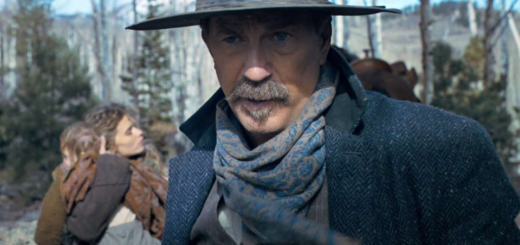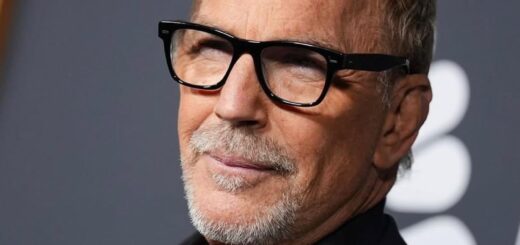“Horizon: An American Saga — Chapter Two” Review: Kevin Costner’s Western Epic Moves Forward with a More Engaging Sequel
Horizon: An American Saga — Chapter 2 is the second installment in Kevin Costner’s ambitious four-part Western series. Following its U.S. release in July, the film faced poor reviews, mixed audience reactions, and disappointing box office returns.
This new three-hour segment of the saga, which premiered at Venice, struggles with the same issues as its predecessor: excessive setup with insufficient payoff, uneven editing that accentuates the disjointed narrative, and clichéd production values that often feel both corny and outdated. While it seems to target an audience nostalgic for Costner’s earlier Western endeavors like Dances with Wolves and his more recent hit Yellowstone, Chapter 2 is somewhat more enjoyable than its predecessor, at least from this critic’s perspective. Perhaps it’s due to the extended exposure to the Horizon series—watching both chapters back-to-back might induce a kind of cinematic Stockholm syndrome.
By the end, viewers might find themselves invested enough to wish for a resolution between the widow Frances (Sienna Miller) and the conflicted soldier Trent (Sam Worthington). Yet, it remains uncertain whether this installment will attract enough viewers or generate enough revenue to justify the production of the final two films. The odds seem slim, paralleling the challenges Trent faces in returning from the Civil War intact.
One of the more engaging aspects of Chapter 2 is the increased focus on female-driven storylines. Frances Kittredge and her 13-year-old daughter Lizzie (Georgia MacPhail), who were central to the first film, have an expanded role here. As Trent departs for the Eastern front to fight for the Union, Frances and Lizzie are left to rebuild their homestead in Horizon, which was destroyed in the previous film by an Apache attack.
While the first film made an effort to present indigenous perspectives, their role diminishes in this chapter, save for a few peripheral characters who have integrated into white society. The notable exception is young Sacaton (Bodhi Okuma Linton), a survivor of a reprisal attack who becomes a secret friend to Lizzie and imparts Native wisdom.
The film shifts some of its focus to the Chinese community, represented by Mr. Hong (Jim Lau), his mother (Cici Lau), and his daughter (Phoebe Ho), who arrive in Horizon with plans to open a tea house and sawmill. Their arrival is accompanied by a jarring Orientalist musical score. Frances negotiates with them for lumber for her new roof, creating a minor narrative intersection.
One of the more coherent storylines involves a wagon train led by the reluctant Matthew Van Weyden (Luke Wilson), who seeks to head West with minimal casualties. This storyline intersects with a disturbing subplot involving nefarious characters Sig (Douglas Smith) and his “uncle” who commit violent acts against fellow travelers. The wagon train’s passive response to these crimes further complicates the narrative and highlights the film’s uneven tone.


